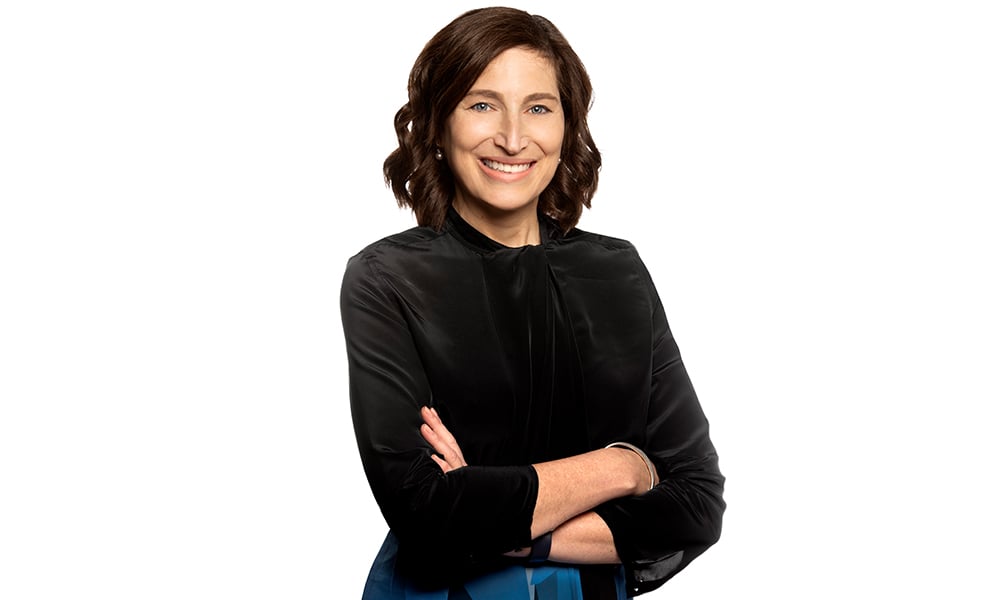
Andrea Wood discusses legal challenges presented by the surge in demand for virtual medical care

More than 10-years after its first foray into the healthcare space, Telus has seen exponential growth in demand for its virtual care businesses - the Babylon by Telus Health app which enables users to check symptoms, schedule video consultations with provincially-licensed physicians and keep digital records of their interactions, as well as the Akira virtual care service for employees.
While brick and mortar clinics were forced to shutter during the COVID-19 pandemic, many people are seeking an online alternative, so the telecom giant’s virtual care solutions have soared in popularity in the past three months. Downloads of the Babylon app rose tenfold. Telus’s Home Health Monitoring service has also seen a surge in demand as its home care service for patients who have been released from hospital aims to relieve pressure on the healthcare system.
The legal team at Telus includes five lawyers that are fully dedicated to health services, while another four lawyers on the mergers and acquisitions team also supports M&A activity on the health side.
“For us, one of the challenges has been to keep on top of a very rapidly evolving regulatory landscape,” says Andrea Wood, chief legal officer at Telus. “What we find, particularly in the health business, is that the law is a little behind everything that is happening in the market.” As governments quickly came to realise the need for virtual care solutions to keep people out of emergency rooms and doctors’ offices, fee codes were launched to enable doctors to get paid while offering their services in a virtual setting.
To meet the rapidly growing demand for its virtual care apps, Telus rushed to recruit and train more doctors and nurses, which created additional work for the legal team.
“We’ve been tracking legislative requirements and government requirements, but once the government caught on to the need for virtual care, we had to jump in and very quickly mobilise to launch virtual care products in provinces that launched fee codes,” says Wood. Understanding regulatory requirements is particularly challenging on the healthcare side of the business, due to the provincial variations.
“Unlike our teleco business – which is for the most part federal – the regulatory issues with respect to health tend to be provincial, so as a legal environment, it’s a lot more challenging because we need to be aware of what’s going on in ten different provinces,” says Wood.
As the pandemic situation continues to evolve and Telus’s 30 clinic locations – which were acquired from Medisys in 2018 - are gradually able to re-open, Wood does not anticipate that interest in virtual healthcare services will wane.
“We expect the interest in virtual care will continue now that consumers have tried it and seen its value. It’s incredibly helpful to be able to consult with a doctor without having to take a half day off work,” she says. Telus also owns an electronic medical record business and a pharmacy management software business.